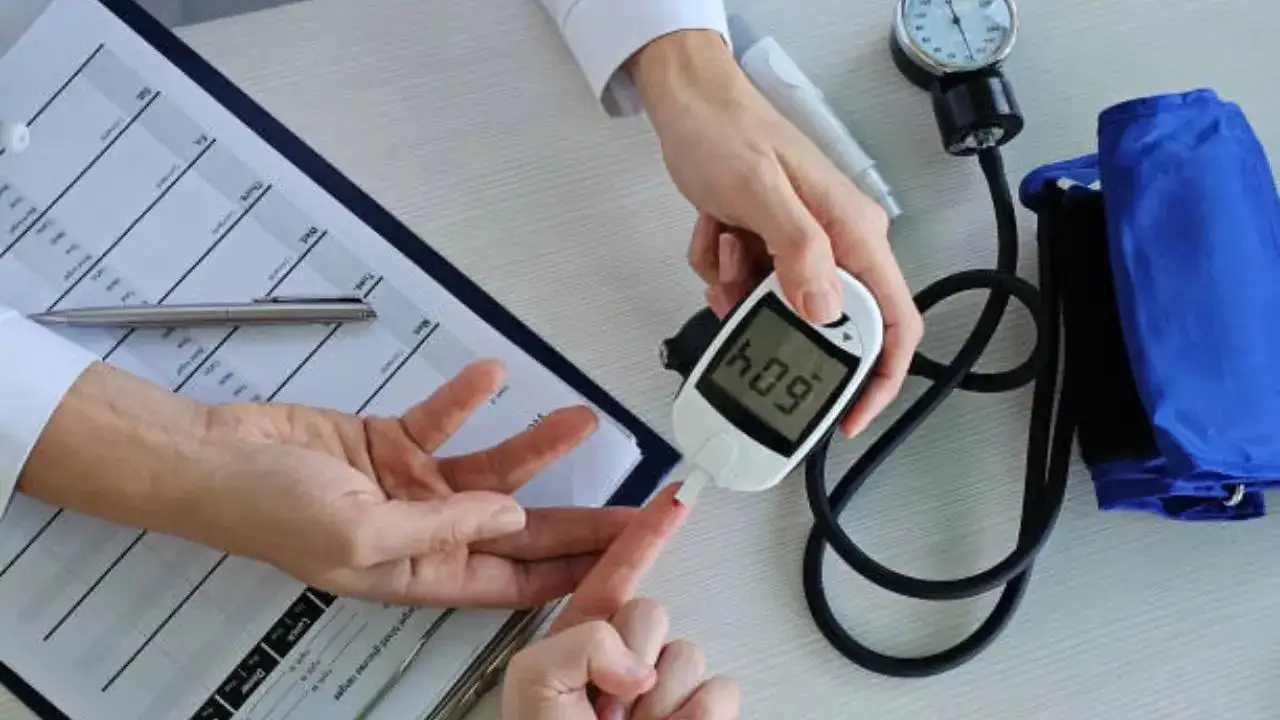
Small steps like losing weight can have a big impact on your health, and your doctor can help you with that.
For those living with type 2 diabetes, it is important to know that the condition requires you to be consistent in your efforts to keep blood sugar levels low. It is also important to have a strong relationship with your doctor to get all the assistance needed. Small steps like losing weight can have a big impact on your health, and your doctor can help you with that.
And so, it is important to regularly meet with your healthcare provider and ask questions so they can adjust your diabetes management plan. The more prepared you are for your doctor’s visits, the better your doctor can support you and the earlier he or she can address potential concerns.
A few questions you must regularly ask your doctor include:
How often should blood sugar be checked?
To manage your blood sugar levels, it is important to check regularly. But that does not mean that everyone needs to do it after every meal. Some people may need to check their blood sugar only once a week. While some may benefit from a continuous glucose meter, others may not need round-the-clock blood sugar monitoring.
And so, it is important to ask your doctor for personalized guidance based on your medication, lifestyle, and risk of highs or lows to help you figure out the right schedule to identify patterns and adjust treatment if needed.
What to do when blood sugar becomes extremely high?
There may be times when your blood sugar skyrockets. And so, it is important to know how to respond. Ask your doctor about short-term strategies to lower high blood sugar and how to prevent it from happening regularly. A few treatments can be:
- Learning how to calculate a correction dose of insulin
- Starting insulin or another diabetes medication
- Going for a walk after eating helps your body burn extra glucose
Should I take Ozempic or Mounjaro?
There are many diabetes medicines available nowadays that even support heart and kidney health, or help with weight management. GLP-1 receptors like Ozempic or Mounjaro help your kidneys remove excess glucose through urine, apart from making you lose weight.
What are other health issues I should be wary of?
Many conditions caused by diabetes can be serious and even life-threatening. These include:
- Heart diseases
- High blood pressure
- Stroke
- Kidney diseases
- Eye damage
- Foot problems
What should be my ideal diet?
Even though there is no one diet that fits all for diabetes patients, food choices play a big role in blood sugar management. It is a great idea to eat minimally processed whole foods like lean proteins, whole grains, and fruits and vegetables regularly, which help keep your blood sugar within a healthy range.
What about my vaccinations?
Those with diabetes have a higher risk of complications from infections like the flu, COVID-19, and pneumonia. Make sure to talk to your doctor about getting all the recommended vaccines to protect your overall health.
How to work out properly?
Regular exercise is extremely beneficial for those with diabetes, as it helps manage your weight and lower blood pressure, LDL or bad cholesterol, and improve insulin sensitivity. You can ask your doctor about how to adjust your food or medication around workouts.
Also, the doctor can inform you about what types of exercise are safest and most effective for your goals.
How do you manage diabetes during sickness?
When you are down with an infection – viral or bacterial – your blood sugar levels can fluctuate because of a low diet. You must ask your doctor how often you should check your blood sugar, when to take or pause medications, what foods or fluids to prioritise, and when it’s time to call for help.
How will I know if my medication works?
Getting your A1C results helps your doctor evaluate your medication. You can also ask the doctor about clarity on time range, daily blood sugar logs, and side effects of certain medications that you are taking. Also, on every visit, do ask when you need to revisit your medication plan.
What should be the ideal blood sugar target?
The ideal blood sugar range varies depending on your age, health status, and whether you have other medical conditions. It should be 80 to 130 milligrams per decilitre (mg/dL) before meals and less than 180 mg/dL one to two hours after eating.
However, these readings are not universal, and your doctor can determine what is realistic and safe for you.
